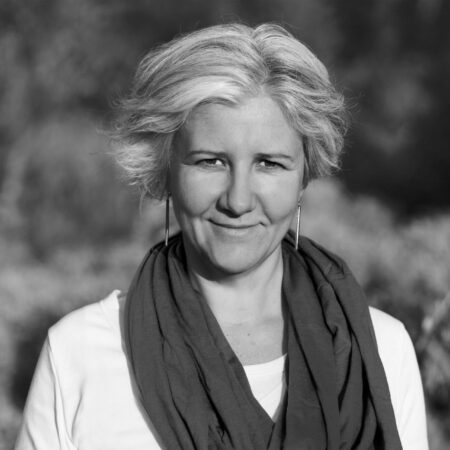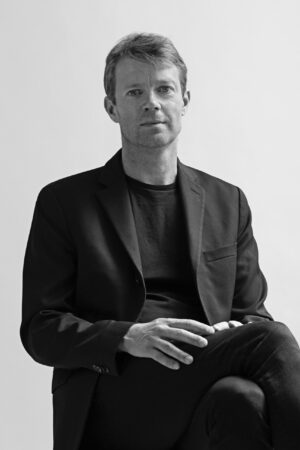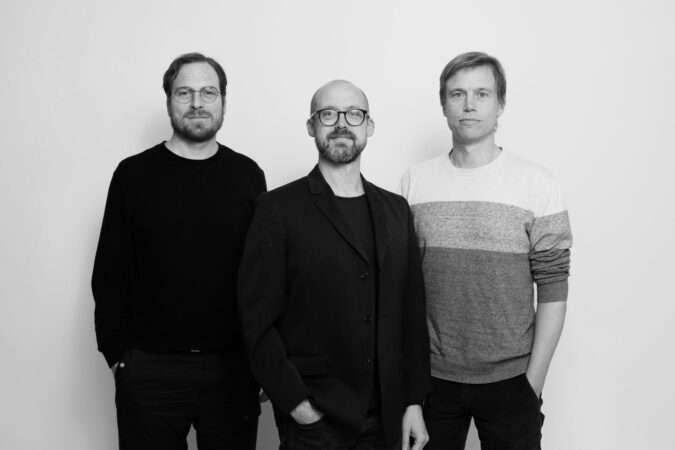Jonathan Heid
Appreciation Student Award
Jonathan Heid’s master’s thesis ‘Building Consciousness – A Centre for the New European Bauhaus’, with its complex of topics and choice of location, is directly related to the ongoing climate change and the simultaneous above-average consumption of finite resources. As a test laboratory for practical applications and as a location for scientific investigations, Heid has chosen four buildings on KIT’s South Campus that have been vacant for several years due to high levels of pollution and can be used as examples. The building complex he selected is a cityscape-defining ensemble in the immediate vicinity of Karlsruhe Palace. The work is characterised by a high level of expertise in the application of refurbishment and circulation strategies for the building ensemble and transfers these skills equally to the potential for redensification and the architectural appearance of the interior and exterior of the refurbished research buildings.
The work was supervised by Prof Ludwig Wappner and Prof Dirk Hebel.



